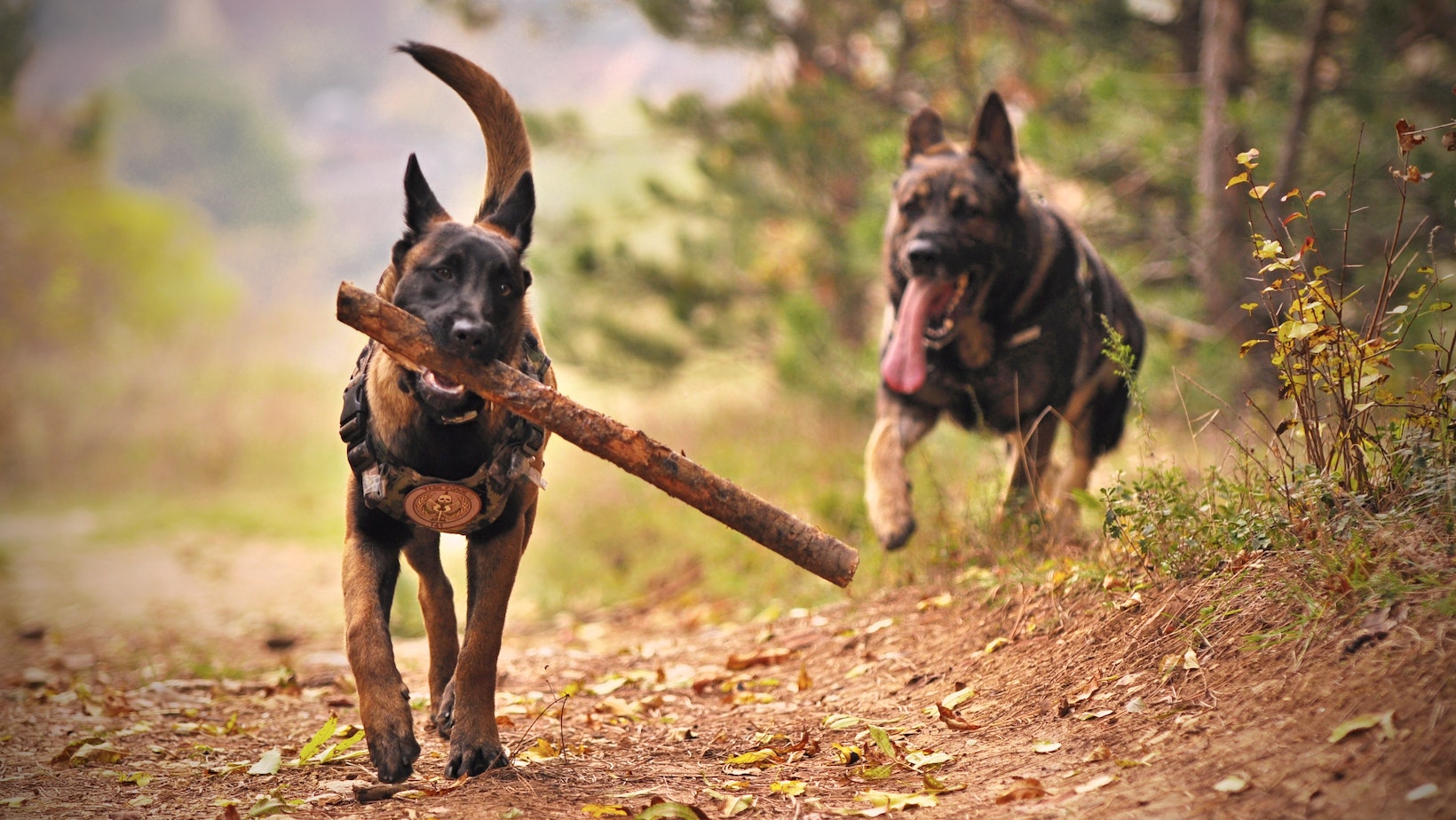 How to Clean a Dogs Mouth After Killing a Rat
How to Clean a Dogs Mouth After Killing a Rat
Cleaning a dog’s mouth after it has killed a rat is an important step to ensure their health and prevent any potential issues. While dogs are natural hunters, rodents can carry diseases or parasites that may be harmful to them. In this article, I’ll provide you with some guidance on how to properly clean your dog’s mouth after such an incident, keeping their well-being in mind.
When a dog catches and kills a rat, there is a possibility of transferring bacteria from the rodent’s body into their mouth. It is crucial to act promptly and thoroughly clean their mouth to minimize any potential risks. Additionally, cleaning your dog’s mouth will help eliminate any unpleasant odors or tastes they might have acquired during the encounter.
Now that we understand the importance of cleaning a dog’s mouth after killing a rat let’s delve into some practical steps you can take to ensure proper hygiene. Remember, by following these guidelines, you’re not only protecting your furry friend but also safeguarding the overall health of your household. So without further ado, let me share with you some effective techniques for cleaning your dog’s mouth after encountering a rodent.
Remember: Your pet’s well-being should always be prioritized!

Why It’s Important to Clean a Dog’s Mouth After Killing a Rat
Cleaning a dog’s mouth after it has killed a rat may not be the first thing that comes to mind, but it is an essential step in ensuring your pet’s health and well-being. Let me explain why.
- Preventing the spread of diseases: Rats are known carriers of various diseases, including leptospirosis, salmonellosis, and rat-bite fever. When dogs come into contact with rats or their bodily fluids during a hunt, they can easily contract these illnesses. By cleaning their mouths thoroughly after such an encounter, you significantly reduce the risk of infection for both your dog and yourself.
- Eliminating harmful bacteria: A rat’s mouth is teeming with bacteria that can be harmful to dogs when ingested. These bacteria can lead to gastrointestinal issues like vomiting and diarrhea or even more serious conditions such as sepsis. Cleaning your dog’s mouth helps remove any traces of these potentially dangerous microorganisms, minimizing the chances of them causing harm.
- Preventing secondary poisoning: Some rats may have consumed poisonous substances before being caught by your dog. If your pet ingests the toxic remains while devouring its prey, it could suffer from poisoning as well. By thoroughly cleaning its mouth after killing a rat, you decrease the likelihood of secondary poisoning and protect your furry friend from unnecessary harm.
- Maintaining oral hygiene: Apart from disease prevention, cleaning your dog’s mouth regularly ensures good oral hygiene. The remnants of dead animals can cause foul breath and serve as breeding grounds for bacteria that lead to dental problems like gum disease and tooth decay. By taking the time to clean their mouths properly after each hunting episode, you help keep their teeth and gums healthy.
- Strengthening the bond between you and your pet: Cleaning your dog’s mouth is also an opportunity for bonding and trust-building between you two. By gently and patiently attending to this task, you show your pet that you care about their well-being and are willing to take the time to ensure they are clean and healthy.
Remember, it is important to approach cleaning a dog’s mouth after killing a rat with caution. Wear gloves and use a mild antiseptic solution recommended by your veterinarian. If you notice any signs of illness or discomfort in your dog following such an episode, consult your vet immediately for further guidance.























